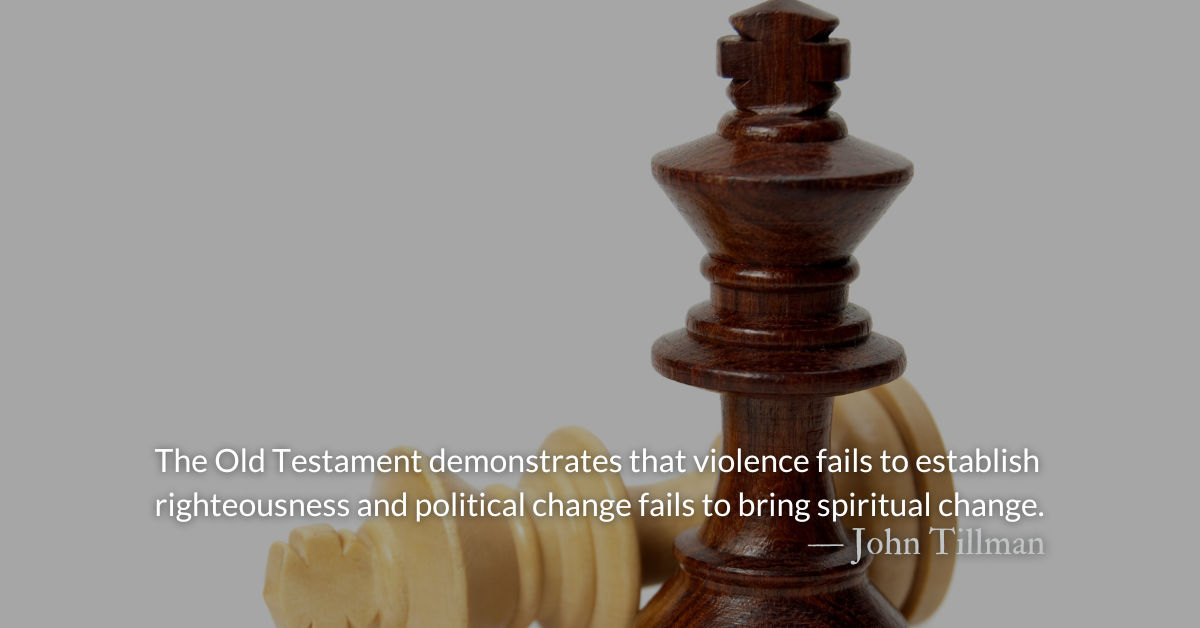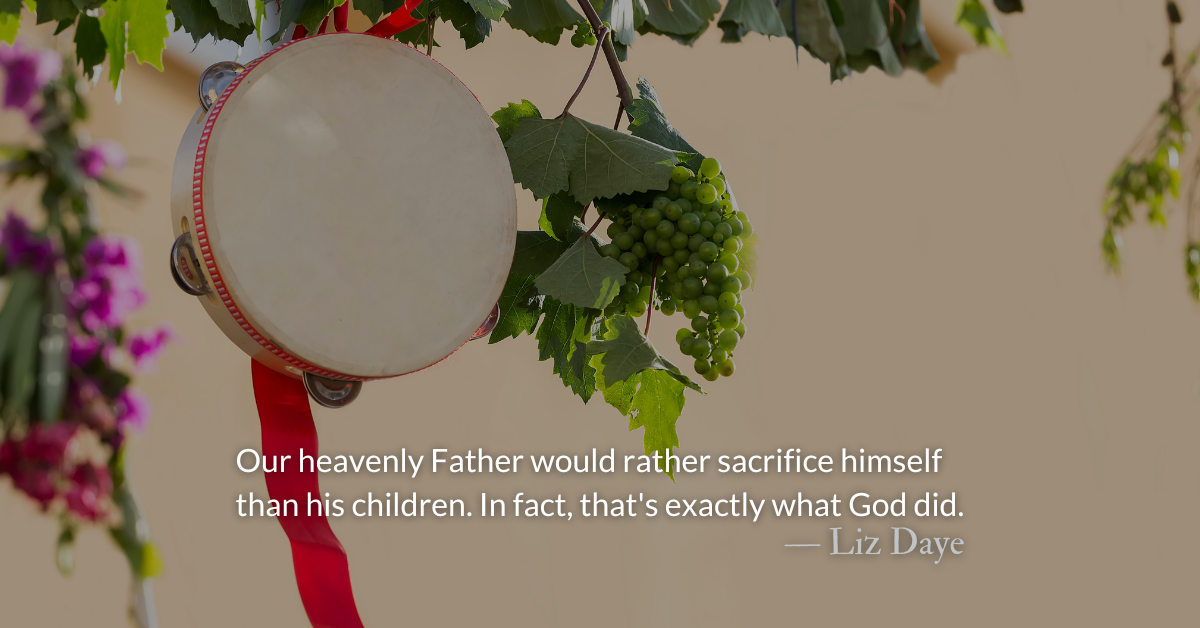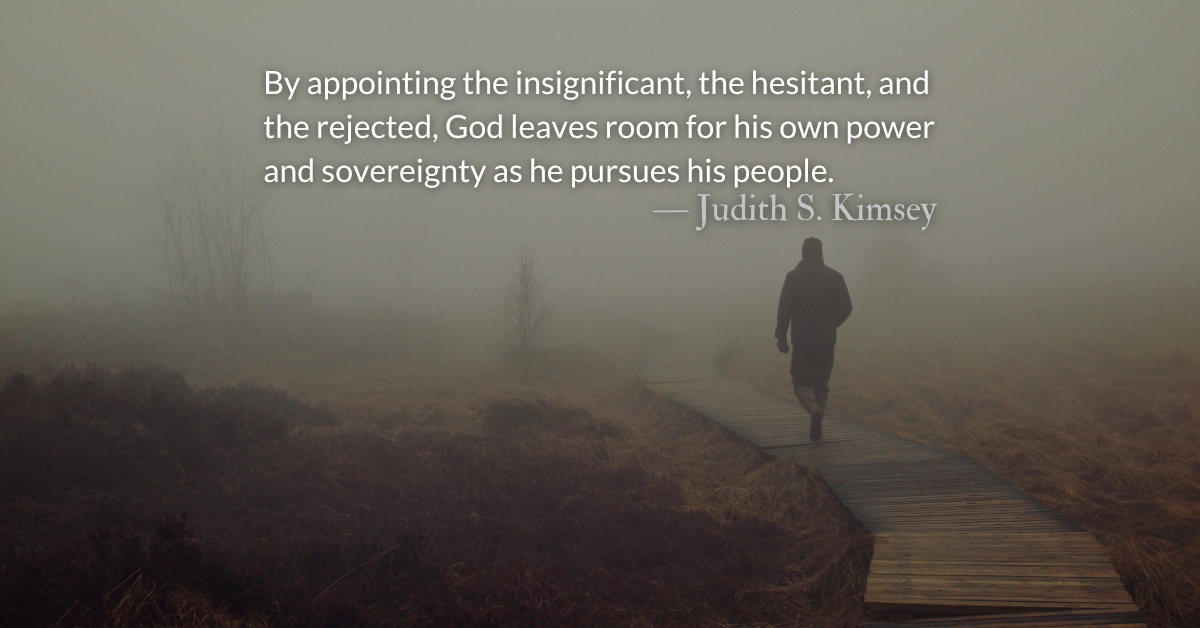Links for today’s readings:
Read: Judges 1 Listen: (5:08) Read: 1 Timothy 2 Listen: (1:38)
Links for this weekend’s readings:
Read: Judges 2 Listen: (3:19) Read: 1 Timothy 3 Listen: (2:10)
Read: Judges 3 Listen: (4:30) Read: 1 Timothy 4 Listen: (2:05)
Scripture Focus: Judges 1.5-7
5 It was there that they found Adoni-Bezek and fought against him, putting to rout the Canaanites and Perizzites. 6 Adoni-Bezek fled, but they chased him and caught him, and cut off his thumbs and big toes. 7 Then Adoni-Bezek said, “Seventy kings with their thumbs and big toes cut off have picked up scraps under my table. Now God has paid me back for what I did to them.” They brought him to Jerusalem, and he died there.
Reflection: De-Thumbing Tyrants?
By John Tillman
People often do to fallen tyrants as those tyrants have done countless times to others.
The reverse golden rule of retribution says that when one is generous in pain and oppression, it will be measured back, pressed down, shaken together, running over. (Luke 6.38b)
We rarely get details of the wickedness of the Canaanite kings and city-states. However, the glimpse we get from the confession of Adoni-Bezek is a gruesome hint at the type of societies Israel displaced.
Adoni-Bezek had cut off the thumbs and big toes of seventy kings, forcing them to scramble for food at his table. If this is how kings were treated, imagine how he treated the poor.
Mutilations of ancient captives were common. Captives were made eunuchs, branded on the soles of their feet, or mutilated in other ways.
Some mutilations were practical. Making eunuchs prevented future dynastic threats. Branded feet made slaves unlikely to escape. Toeless and thumbless warrior kings would struggle to rise to their feet and never wield a weapon. Resistance, rebellion, and revenge were cut off.
However, the primary purpose of mutilation was humiliation and dominance. Adoni-Bezek’s victims were not only defeated, they were made dependent on him, scrambling for scraps, like beggars. It was unusual for Israel to use mutilation. Those who defeated Adoni-Bezek must have witnessed his crimes and made an exception in his case.
But what about our case? What about the tyrants of today?
We must remember that the Canaanite conquest was not a blueprint for anyone to follow, especially the church. The Canaanite conquest shows us more failure than success. Israel wins battles but their heart is all wrong. They defeat humans but remain enslaved to sin. The entirety of the Old Testament demonstrates that violence fails to establish righteousness and political change fails to bring spiritual change.
It is not wrong for us to long for tyrants to be paid back or to celebrate when God brings the mighty down. (Luke 1.52) But that is not the church’s role. When God sends retribution, he typically chooses locusts, gnats, snakes, and other plagues. He whistles for wicked empires. (Isaiah 5.26-27; 7.18-20)
Retribution is not the church’s calling—spiritual change is. That doesn’t mean politics is unimportant, but spiritual change is the key to every other kind of change our world needs. Instead of looking for tyrants to de-thumb (even some who deserve it) we should be looking for hearts responsive to the gospel.
Divine Hours Prayer: The Refrain for the Morning Lessons
Who is like the Lord our God, who sits enthroned on high, but stoops to behold the heavens and the earth? — Psalm 113.5
– Divine Hours prayers from The Divine Hours: Prayers for Summer
by Phyllis Tickle
Read more: Dethroning Kings and Powers
The destruction of Canaanite city states made theological statements, disarming the gods of Canaan’s kings.
Consider Supporting Our Work
Please consider becoming a donor. Support ad-free content that brings biblical devotionals to inboxes across the world.





